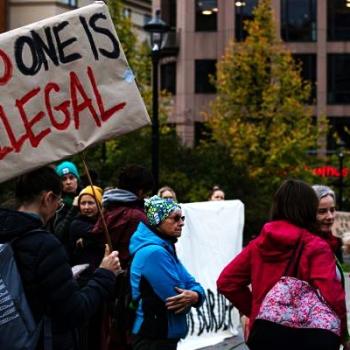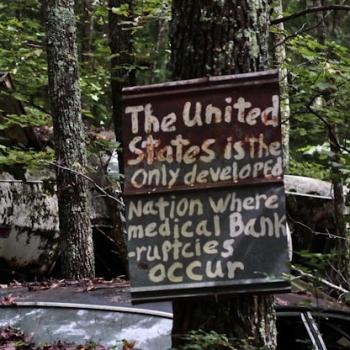There is no doubt that forgiveness is a complex and often arduous process. Can we get stuck because we believe forgiving another person minimizes our own suffering or the pain of someone else?
Definitions of Forgiveness
I did not realize that people understood forgiveness in such diverse ways. Some believe that the “offender” (for lack of a better word) must first acknowledge that he or she has hurt the victim (for lack of a better word) and apologize. Only then can the victim go through the forgiveness process. Others believe that forgiveness must occur whether the offender acts or not. I work out of the second understanding. First, there are many situations in which the victim may never be able to interact with the offender or could be re-injured doing so. Second, relying on the offender, who caused the hurt in the first place, takes the healing potential of forgiveness out of the victim’s hands.
Forgiveness is a Process
All of us need to forgive and receive forgiveness. Whether an injury was big or small, intended or unintended, addressed or ignored by the other person(s), we need to take the forgiveness journey.
Some individuals are truly forgiveness superheroes. A woman forgives the man who tormented and killed her young daughter. A man forgives and visits the perpetrator of a terrorist event that killed a loved one. What enables some people to achieve these spiritual heights? I do not know.
After an injury, we may initially feel physical or emotional pain, betrayal, loss, anger, denial, or other emotions. We need to simply recover from whatever injury occurred for a period of time. Perhaps we need to ask God for the help we need to get through a physical or emotional recovery and take care of ourselves before we even begin to contemplate forgiveness.
God and Forgiveness
In Matthew 6:14-15, Jesus teaches, “If you forgive others their transgressions, your heavenly Father will forgive you. But if you do not forgive others, neither will your Father forgive your transgressions.” (NABRE) Perhaps Jesus taught this way to give people more incentive to go through the forgiveness process. Perhaps this type of awareness or humility is what God expects us to learn in our lifetimes.
The inability to forgive and let go traps us, even if we no longer wish this other person ill or realize that we and the other both share the frailty of the human condition.
Initially, we may even need to ask God for the will to forgive. The person who has hurt us may not take responsibility for his or her actions. We not only have to forgive him or her for the initial injury; we also must forgive his or her subsequent indifference and inaction. If the person does not want our forgiveness, we must forgive solely for our own sakes.
An “Aha!” Forgiveness Moment
Watching a TV show provided me with valuable insight. In the show, a young adult, estranged from his dad for many years, finds out that his father is dying. The father had left him and his mother when he was a child, and his mother was dying from cancer. The son had refused to have anything to do with his father for years.
The son either had a dream or some other encounter with his dead mother. She begged him to forgive his father. She realized that he was still angry with his father for the suffering he and she had endured. She also knew how important it was for her son to forgive and reconcile with his dad for his own inner peace.
The young man agreed to visit his dad and they reconciled. I realized that the son’s love for and loyalty to his mother had been a barrier to forgiving his father. Did the son fear that if he forgave his father, he would betray his mother? Would forgiveness communicate that what his father did was “no big deal,” or that he and his mother somehow deserved that negative treatment? Would forgiving one devalue or minimize the other?

Forgiveness as Letting Go
When we easily let go of a slight, whatever occurred was insignificant or committed by someone whose behavior has not gained our approval. We often associate letting go with insignificance.
- Do we think that forgiveness for significant wrongs communicates that what happened to us was not actually important?
- Does forgiveness mean we ourselves did not deserve better?
- Do we cling to our pain and anger because it affirms our self-worth in a way we think forgiveness cannot?
- Can we recognize, however, that we deserve to be free of whatever has brought us down?
If we had a broken leg or other injuries from a car accident we did not cause, we would not refuse the medical interventions that would bring back our ability to walk. When it comes to emotional pain or trauma, a professional cannot put a cast on and instruct us not to put weight on it for however many weeks. But a combination of counselors, friends, prayer, reading, and time can bring healing.
Freedom
Forgiveness is not really about the other person. The anger and hurt we feel are likely justified, but why would one expect the person that caused the problem to turn around and fix it? (If they do, terrific!)
The other has taken part of our inner freedom or physical wholeness and we must figure out how to get it back. Forgiveness does not minimize us or anyone else. It, in fact, frees us.













